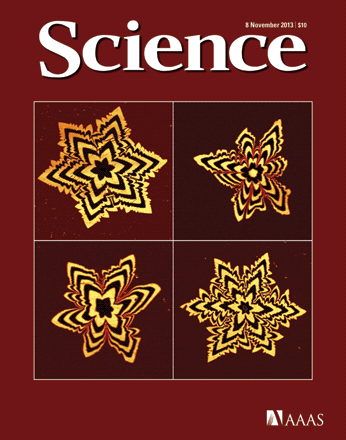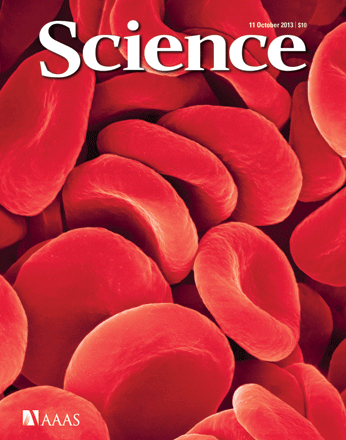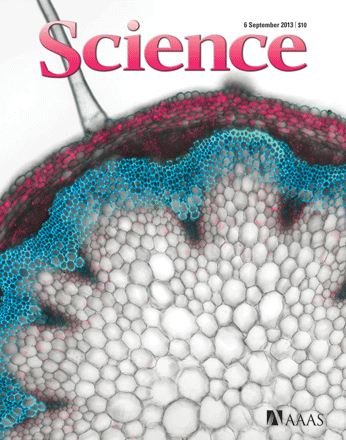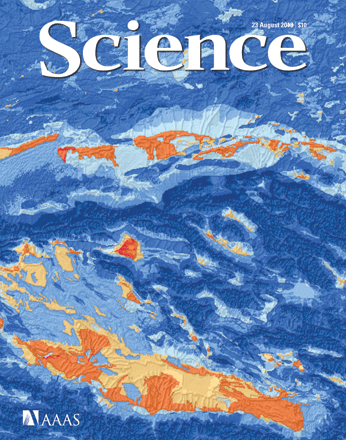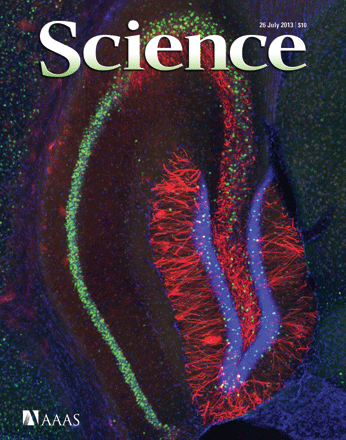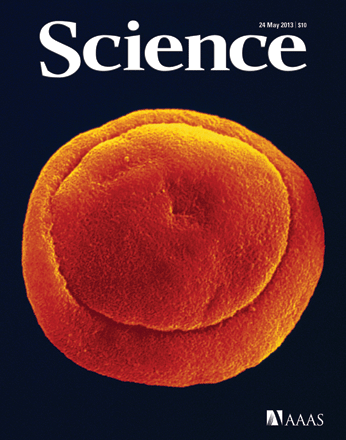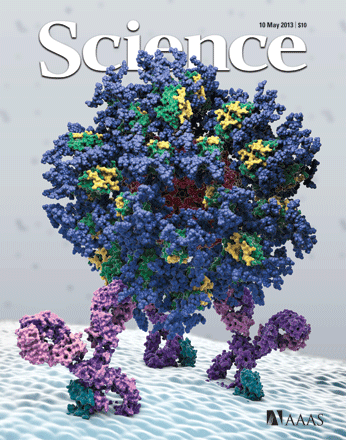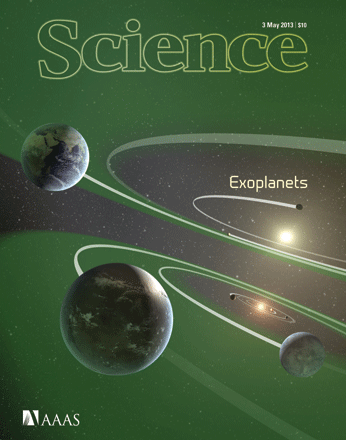Editors' Choice
Editors' Choice Results
Editors' Choice features short summaries of recent research in science education.
The preferred way to evaluate science students’ argumentation and communication skills is through written essays and oral interviews.
How do findings in neuroscience guide educational research and practice?
Among emerging massive open online courses, the Peer 2 Peer University remains unique.
The natural response to the shift toward inquiry-based science education is an increase in faculty-mentored undergraduate research experiences (UREs).
Traditional classrooms, where rows of students face an instructor, may be an obstacle as science education moves toward inquiry-based learning.
Reforms in biology education aim to develop students’ understanding of biological processes in the context of systems, both within and across spatial and temporal scales.
Interdisciplinarity has been increasingly called for in U.S. science education, but it is not always clear how to best integrate it into the curricula.
Science education is shifting away from the memorization of facts and moving toward educational experiences that correspond with authentic research and the scientific process.
Both motivational and cognitive variables play a role in academic achievement.
Video games have great potential to support educational objectives.


